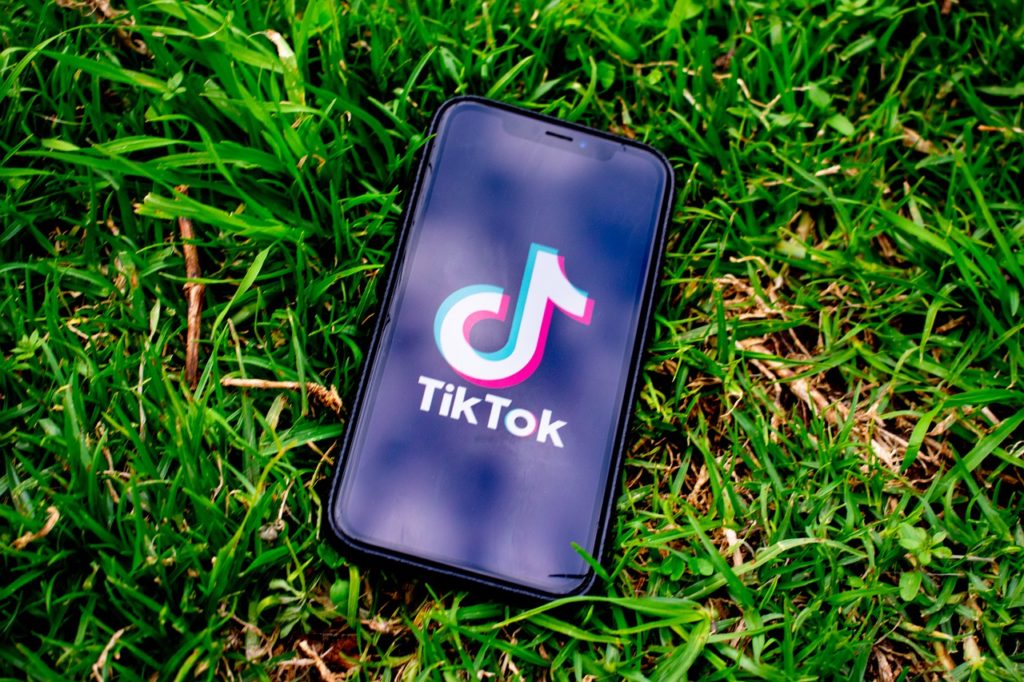The American Secretary of State, Mike Pompeo, has announced that the US will be looking into banning Chinese social media apps from its territory. Concerns were raised around the data these apps collect from their users, and the possible security risk that this data collection poses.
The top Washington diplomat added that users should only keep the popular dance app “if you want your private information in the hands of the Chinese Communist Party.”
Pompeo’s comments are made in a time of heightened tensions between the US and China, with concerns about trade, technology and national security. The app has been repeatedly criticized in the past by US politicians, who feel the data collected could be used for intelligence purposes for the Chinese Communist Party.
Notoriously, like most apps, TikTok asks its users for permission to enable their camera and audio-functions. It is not always clear whether these privileges can and are being used in the background, outside of direct user interaction with the app.
In a response to the allegations, a TikTok spokesperson claimed that “TikTok is led by an American CEO, with hundreds of employees and key leaders across safety, security, product, and public policy here in the US.”
Last month, India was the first to ban the app, claiming it as a threat to foreign sovereignty and integrity. India has been one of the largest user bases for TikTok. The ban came as part of escalating political tension between China and India.
In Belgium, the app’s popularity is still on the rise, with its highest number of downloads in January of this year (around 250,000 times).
The popularity of the app has turned a few Belgian teenagers into online superstars. TikTok-star Steffi Mercie currently has more than 200.000 followers on the app. In February, she was able to use her success to launch her own clothing line with the Belgian clothing brand JBC.
Globally, according to Statista, the app currently has more than 800 million active users.
Amée Zoutberg
The Brussels Times

